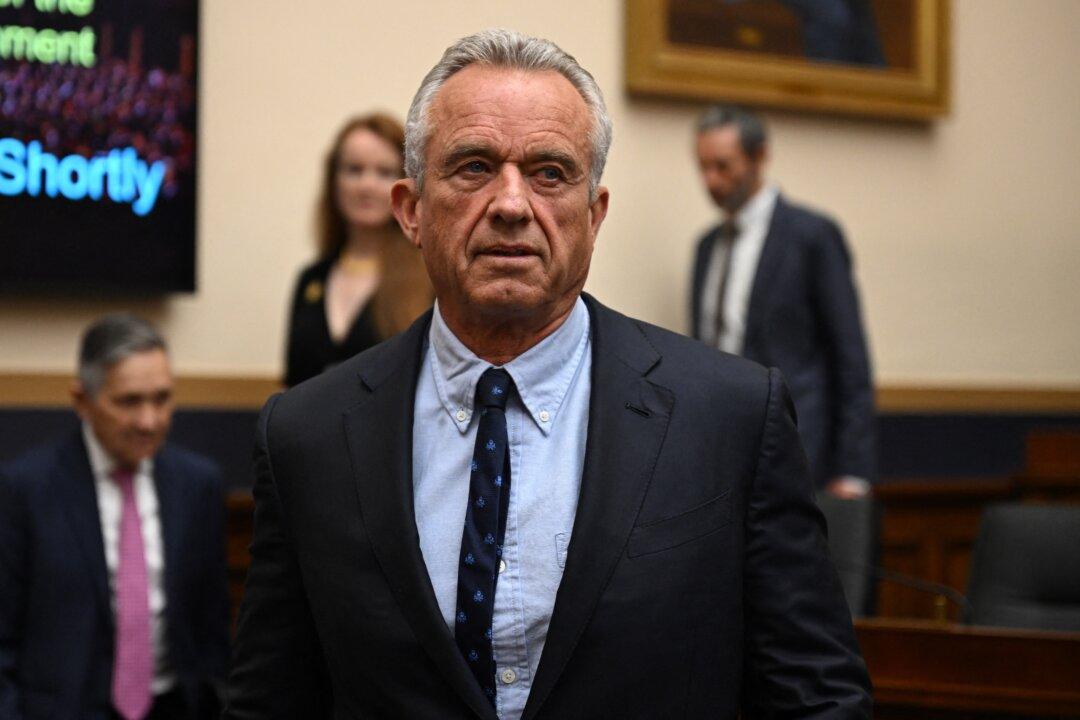Robert F. Kennedy Jr. responded to attacks from Democrats during a July 20 hearing of the House Select Subcommittee on the Weaponization of the Federal Government.
The hearing on federal government censorship of certain stories and viewpoints featured Mr. Kennedy—an advocate for enhanced vaccine safety screening and research into the effects of pharmaceutical drugs—as the star witness. Democrats sought to deplatform Mr. Kennedy both before and during the hearing.





